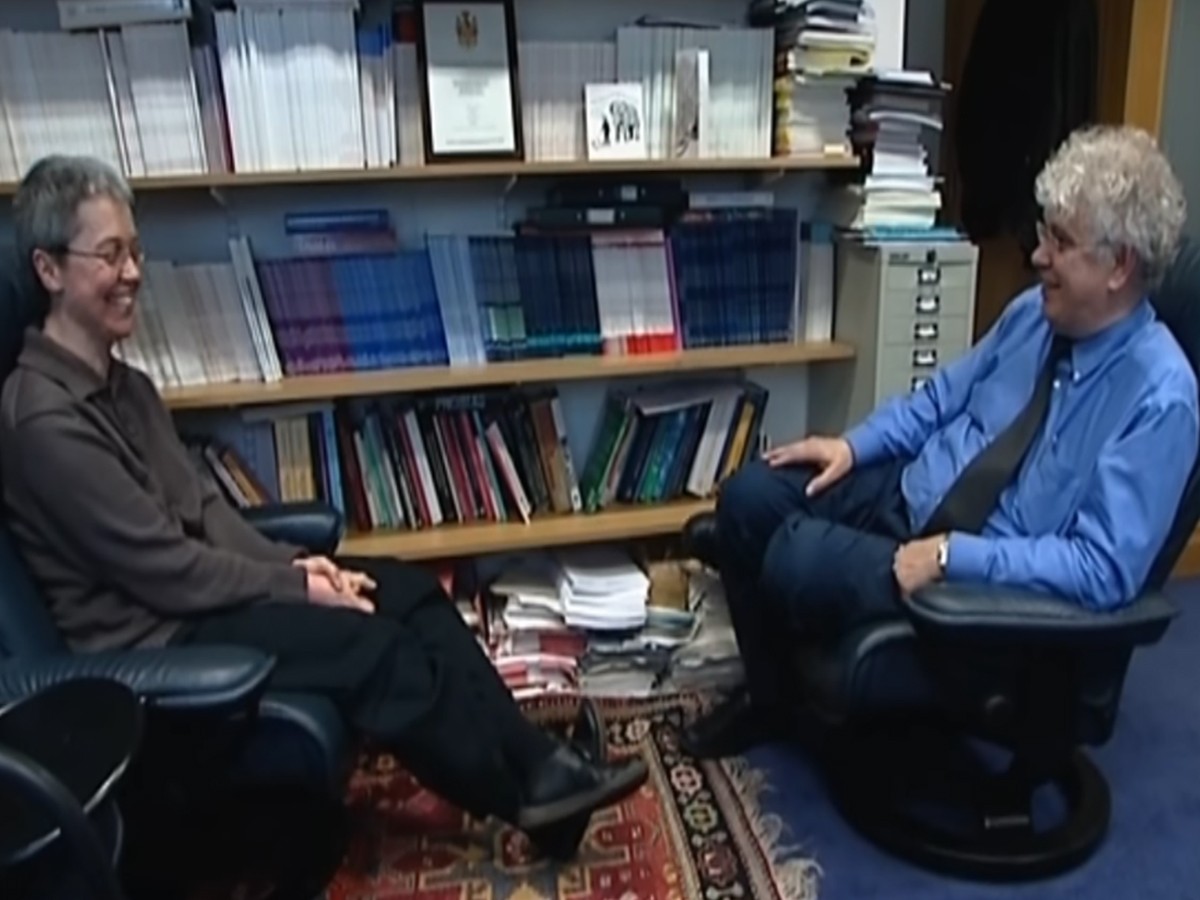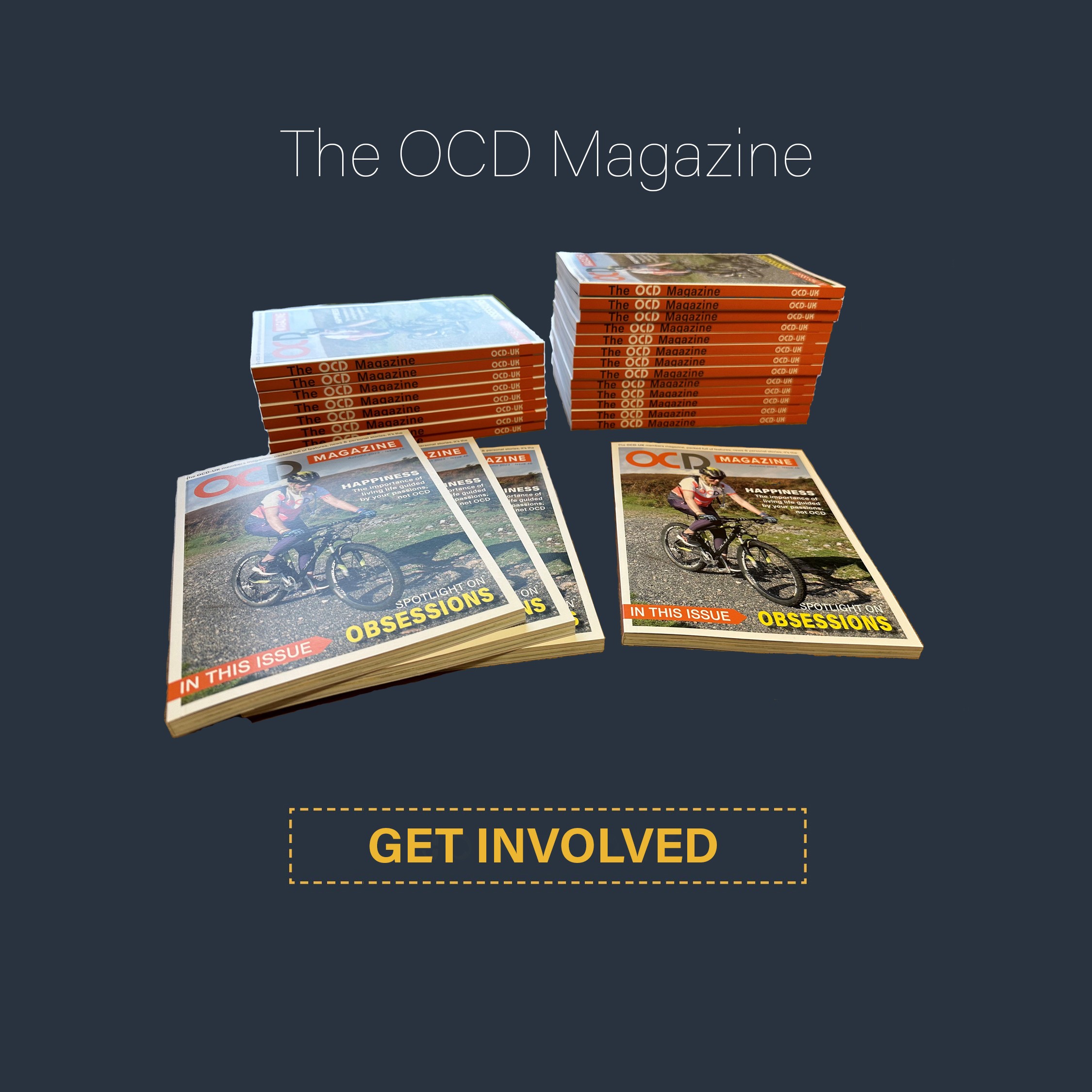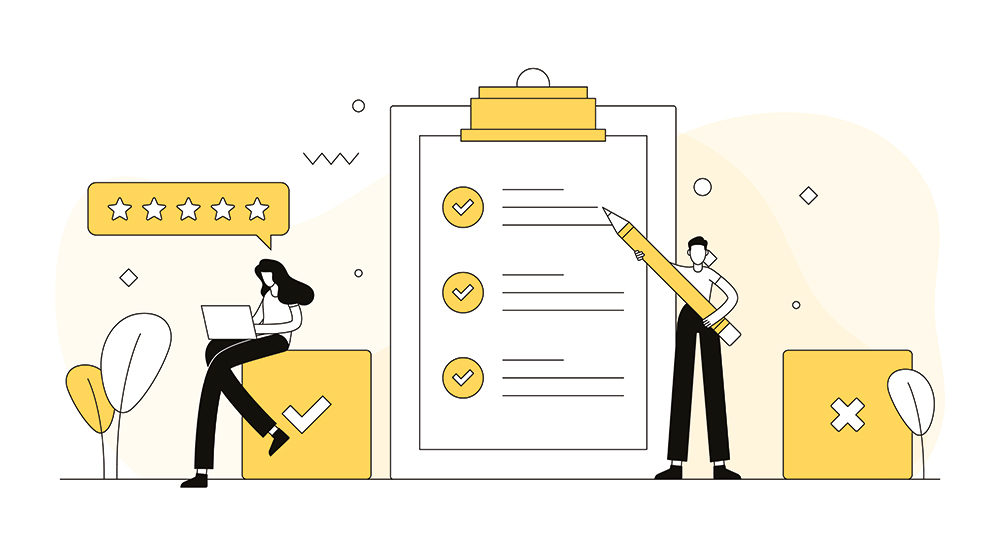Accessing treatment for Obsessive-Compulsive Disorder, such as Cognitive Behavioural Therapy can be challenging for many of us, either through long waiting lists or expensive treatment costs, so it’s important that when you do have CBT, that you give yourself as many opportunities to benefit from it, and this page offers some practical suggestions to help you.
1 – Ask for an introduction
 It’s important you feel comfortable with your therapist, and part of this is knowing them by name as this will help with the patient/therapist relationship.
It’s important you feel comfortable with your therapist, and part of this is knowing them by name as this will help with the patient/therapist relationship.
If your therapist fails to introduce themselves at the start of the first therapy session, don’t be afraid to ask them what their name is. Simply ask, ‘Do you mind if I ask your name? My name is Ashley’. And if you feel more comfortable by being referred to by a nickname, that’s OK too. The therapist will only have a note of your official name, so you could say, ‘Hello, my name is Ashley but I would prefer it if you would call me Ash please’.
Also, at subsequent sessions if you have forgotten your therapists’ name, don’t be afraid to say, ‘Do you mind if I ask your name again please?’
The #hellomynameis campaign is actually aimed at healthcare professionals and was started by the late Dr Kate Granger MBE a few years ago who wrote, “I’m a doctor, but also a terminally ill cancer patient. During a hospital stay I made the stark observation that many staff looking after me did not introduce themselves before delivering my care. It felt incredibly wrong that such a basic step in communication was missing.” She went on to say “We decided to start a campaign, primarily using social media initially, to encourage and remind healthcare staff about the importance of introductions in healthcare.”
2 – Educate yourself
As mentioned on the previous page about preparing for therapy, it’s important to have some knowledge about both OCD and CBT and how the illness and treatment works. With OCD, knowledge really can be power! The other reason is that not all therapists fully understand OCD, so it’s helpful to be familiar with what to expect in therapy so you can quickly identify therapy approaches which may not be suitable. Self-help is also useful for preparing ourselves for therapy and we have plenty of resources listed on our self-help webpage later in this section.
3 – Stop thinking that thought!
Somewhat unhelpfully, one or two therapists still think telling you to stop doing your compulsions or stop having obsessive thoughts is sufficient… if only it was that easy hey?
If a therapist does ever suggest that to you, to just stop it there is a simple one word response you should reply with, and that is ‘How?’ or if you prefer to be a little more polite, ‘Yes I understand that would be preferable, but can you tell me how please’. Let’s put the ball back in their court and make them work for their living!
 4 – Audio record your therapy sessions
4 – Audio record your therapy sessions
Talking about your OCD can be an emotional experience, and therefore inevitably during therapy you will forget to mention something important, or forget what the therapist said to you. This is one of the reasons that many specialists recommend patients audio record their therapy sessions, so that they can play the sessions back later and fully take in what was spoken about. This is great advice, regardless of whether your therapy is at IAPT or secondary care level.
It is important your therapist is aware you’re recording the session, but rather than ask them if it is ok, be clear to tell them at the start of therapy by saying, ‘Just to let you know I am audio recording the session to help me review my therapy between sessions’.
Many smartphones will allow you to audio record, or it may be worth investing in a small dictaphone for the purpose of therapy, like this Sony dictaphone, which these days you can purchase for as little as £29.99 from high street retailers.
Listening back to the therapy sessions can be hard and even uncomfortable sometimes (nobody likes the sound of their own voice), but it is important you do listen back to your sessions to get the most out of your therapy. If it was an emotional session, we suggest listening a couple of days post therapy, rather than later that same day. You may realise certain aspects of the discussions missed important parts of your OCD, so if you realise that, make a note to discuss it next time.
5 – Homework – Set it, check it!
CBT is nearly always going to be conducted away from the therapy office, and most of it will be done by you at home. So your therapist will often set you homework to work on between sessions. If at the end of session three you have not been set any homework, be sure to ask them why not and invite them to set some for you.
Therapy requires work from you, therefore homework is an integral part of the therapy commitment, so it is important it is set, you attempt it and the therapist checks it.
Sometimes therapists are a bit naughty and forgetful, so if at the subsequent session they fail to ask you about it, be sure to ask them, ‘Would you like to hear about my homework from last time?’
Don’t worry if you can’t do the homework, the therapist needs to know this so you can work on it together and maybe set a slightly more comfortable exercise until you are ready to try that one again further down the line, so it’s important to be honest with your therapist.
Sometimes if you can’t quite manage the set task you can attempt to challenge yourself by tackling another exercise towards that original aim, remember what we spoke about on the page about Exposure Response Prevention (ERP)?
6 – Involve loved ones
If you live with someone, parents or partner or even flatmates they can’t help you if they don’t know how. So do ask them to help you with your homework by telling them what it is, and ask them to give you some motivational support when you need it, (not reassurance of course).
Ask the therapist in session one or two to write a letter specifically for your loved ones about what they should and should not be doing to help you on your road to OCD recovery. An ideal scenario would be that the therapist invites them to attend for a one-off joint session with you, maybe for the last 20-30 minutes of a session. Loved ones can really help, but they need to know what is expected of them.
7 – Treatment on location
For some people their OCD is primarily focussed on problems in one area, often at home, or public places like shopping centres. In an ideal world the therapist will get off their bum and come with you to those places to conduct therapy on location. NHS cutbacks may prevent that, so it may be something you have to do alone for homework, or involve a loved one to help you.
However, if you cannot manage it alone be sure to request the therapist to arrange a session on location (maybe at the start or end of the day so they don’t lose other patient time).

8 – Mind the gap (said in the tone of the London Underground tube train announcements)
This is one area the NHS has generally improved on and these days most patients are offered therapy once a week, or once every other week.
Initially at the start of your therapy, 60 minutes every week is an ideal schedule for sessions. It gives time to work on the homework, but not too much time for thousands of other OCD problems to occur.
If your therapy service can’t offer more frequent sessions, be specific and ask them for once a week therapy for at least one hour. Naturally there will be occasions where the gaps are longer due to you and/or the therapist being ill/away on holiday. Not ideal, but occasionally that happens. If this does happen ask for a double session upon returning from the gap in therapy.
As therapy progresses and you start to make progress, gaps between sessions will become much wider, sometimes monthly or even quarterly. That is absolutely fine if that’s collaboratively agreed and you are able to call the therapist should relapses occur in that interim period.
9 – Relapse prevention
Before you are discharged permanently, or before gaps are widened to quarterly, it’s important the therapist spends some time with you on relapse prevention, perhaps even dedicating the entire final session to it. Relapse prevention will help you make the most of what you have learned in therapy, and help prepare you to be on the lookout for signs of OCD returning and how to handle the inevitable blip/relapse, which is perfectly normal, and shouldn’t require more therapy time if you’re prepared.
What to read next:

























